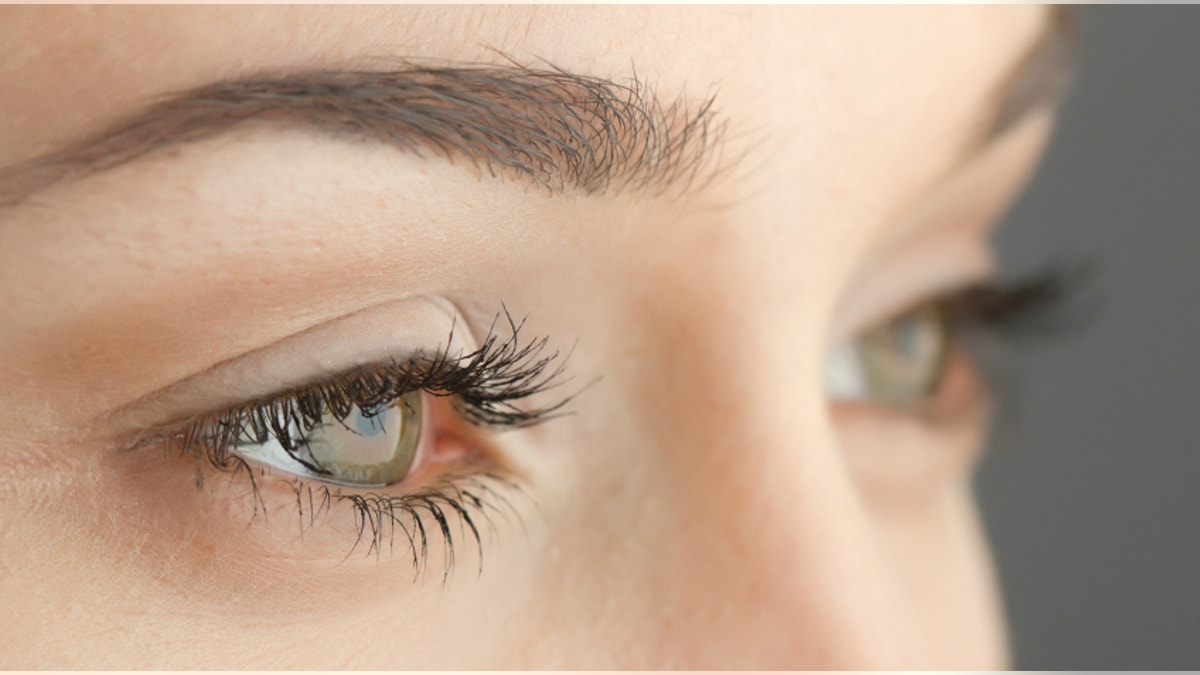
Every day, people have their tonsils, appendix, and wisdom teeth removed--and after the pain subsides, they proceed without a hitch. The truth is, it's not all that apparent why many parts of your body are there, or what they actually do.
“Evolution moves toward features that are advantageous over others, so at some point all anatomical features were important to our early ancestors,” says Anthony Weinhaus, director of the University of Minnesota’s Human Anatomy program. Some of these still serve a purpose--just not necessarily a function crucial to our survival anymore.
Here are real explanations for these seven seemingly pointless body parts.
1. Nipples
Let’s get the biggest news out of the way: All men start off as women. “All embryos begin female, and if it masculinizes, it becomes male but keeps much of the same anatomy,” says Weinhaus. Nipples are the same in men and women, but without an influx of hormones like estrogen, they're simply chest ornaments on men.
Did you know that prolonged exposure to BPA could give you man boobs? Find out how this chemical promotes abnormal breast growth in boys and adult men.
2. Armpit Hair
There’s no definitive story for underarm hair, but its location offers a clue. There are two types of sweat glands in your body: eccrine and apocrine, the latter of which are mostly in your armpits, explains Daniel Lieberman, professor of human evolutionary biology at Harvard University. You use apocrine for sexual signaling. Presumably, the hair holds on to the secreted odors so they'll stay around long enough for a potential mate to catch a whiff, he explains.
3. Eyebrows
The evolutionary purpose of eyebrows is debatable: In one camp, scientists believe brows keep sweat and rain off your eyes, which would help in primitive hunting and navigation. Lieberman favors the hypothesis that eyebrows serve to communicate your emotions, but they may also communicate your identity: Behavioral neuroscientists from Massachusetts Institute of Technology found that people were less likely to recognize pictures of celebrities without their eyebrows than without their eyes. The researchers speculate that eyebrows have remained because they’re crucial to identifying faces and navigating social circumstances.
From the common to the uncanny, here are 9 Horrible Things That Can Happen to Your Eyes.
4. Appendix
The appendix is a vestigial organ, which means it has lost most of its ancestral function. “One idea is the human appendix is remnant of what used to be a larger fermenting chamber in our gut,” Lieberman says. Since humans stopped eating uncooked or low-quality foods like grass, this chamber is no longer useful. Recent research, though, suggests the appendix might be an essential hangout spot for healthy bacteria. “Your microbiome is very important to digestive tract function, so this reservoir would allow microbes to recolonize your gut after inflammation or digestive issues,” he explains.
5. Tonsils
Tonsils are technically lymph nodes--part of the lymphatic system, which is vital to your immunity. “Your oral cavity is an entryway to your body, so immune cells in your throat can help you fight respiratory infections,” Lieberman explains. Sometimes your tonsils get inflamed and infected, which is when they're removed. Your lymph nodes are incredibly important, but there's some redundancy, so if a pair is taken away, you can survive without them, Lieberman adds.
Don’t wait until you’re in a dentist’s chair. Inspecting your tongue may help detect serious issues in your mouth and body.
6. Wisdom Teeth
Like monkeys, men have three permanent sets of molars. Until recently, wisdom teeth were never an issue for humans: “Teeth don’t change size. They’re grown before you use them, and then they erupt to the surface,” says Lieberman. Jaws are bone and, like the rest of your body, need to be supported and used in order to grow properly. Since humans now eat soft, cooked foods as children, our jaws don’t grow to the full capacity.
7. Foreskin
Male foreskin takes years to separate from the glans (head), which is unusual enough of a process to suggest one if its main functions may help prevent infection, especially in infants. It helps shield the opening of the urethra from any contaminates or bacteria, explains Weinhaus. It also protects your reproductive chances: Without a foreskin, the glans rubs against objects, like your clothes, and develops a thick layer of skin to desensitize itself, Weinhaus says. Foreskin keeps men more sexually sensitive, which would’ve encouraged our ancestors to reproduce more.
These 15 Facts You Didn't Know about Your Manhood will keep your member healthy and happy.







































